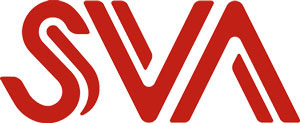Forskningsprojekt
Här visas alla våra forskningsprojekt, de nyaste först. Listan inkluderar även avslutade projekt.
Senast granskad 2024-11-28
Här visas alla våra forskningsprojekt, de nyaste först. Listan inkluderar även avslutade projekt.
Senast granskad 2024-11-28


